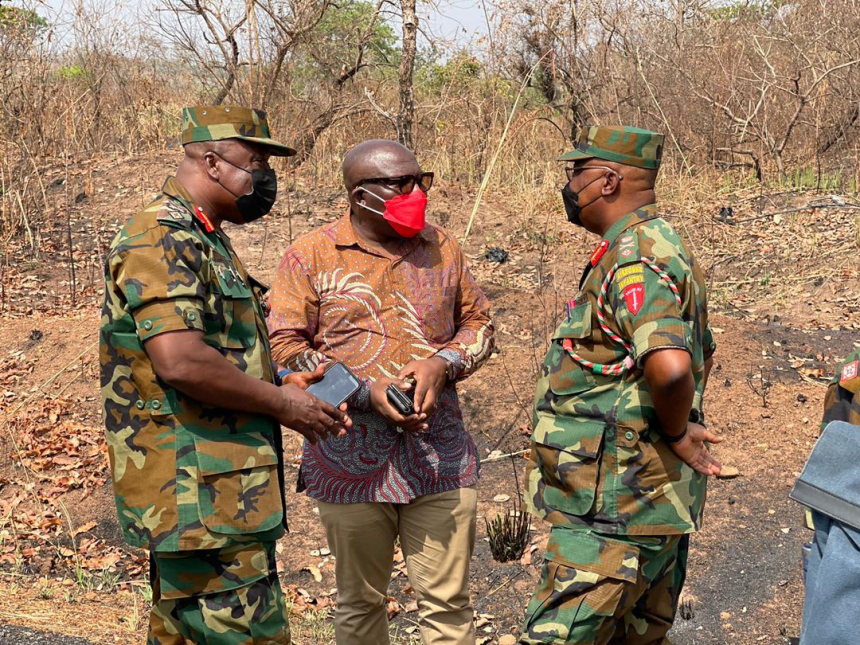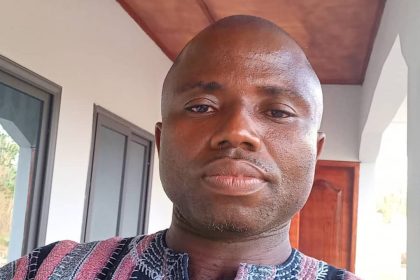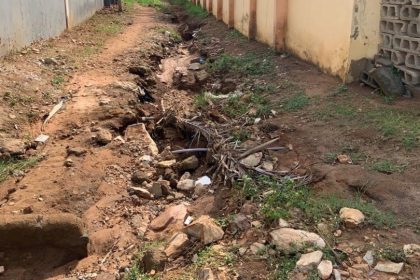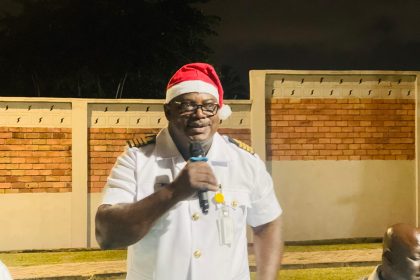Government has announced plans to station permanent military bases at vantage points across the country’s water bodies and forest reserves as part of intensified efforts to combat illegal mining (galamsey).
Mr Yussif Sulemana, Deputy Minister of Lands and Natural Resources, said the move had become necessary because illegal miners often returned to sites shortly after security operations had driven them out.
The Deputy Minister was speaking at the 11th West and Central Africa Mining Summit and Expo on Thursday in Accra.
The event brought together industry players to deliberate on sustainable mining strategies in the subregion.
He said though the anti-galamsey taskforce, known as the National Inter-Ministerial Operation against Illegal Mining (NAIMOS), had succeeded in flushing out encroachers, the absence of a permanent security presence made it easy for them to return.
“Going forward, we are going to have permanent military bases at appropriate vantage places, so that as we flush them out, there is that presence there, and the galamsey operators are not able to come back,” the Deputy Minister stated.
He noted that nine forest reserves which were completely lost to illegal mining activities under the previous administration, had since been reclaimed by the new government.
“The way forward is that we should have a permanent base there so that we can also do away with them permanently. Plans are far advanced for this to happen,” he added.
On water quality, Mr Sulemana asserted that turbidity levels were now lower than before evidence that interventions were working.
He challenged journalists who pressed him during an interview on contrary data, arguing that valid comparisons required sampling the same point of the river or intake as was used in the past.
“Now, what we haven’t adverted our minds to is the first sample of water that was used under the previous administration. Is it the same place we have gone to fetch the water? You have to find out.”
“So, if there’s a river called River Pra, and you’ve gone to a particular part of that River Pra to fetch water in 2022, if you want to have the accurate data and comparisons, you go back to that same spot and fetch the water.”
“So, all these issues, we don’t want to argue. We just want to be very humble, and we want to ask that Ghanaians give us the opportunity to do what we think we are doing, and I can tell you that we’ll get results.”
Journalists countered with recent measurements showing dangerously high turbidity.
For instance, water treatment works in the Central Region recently recorded raw water turbidity surging to 32,000 Nephelometric Turbidity Units (NTU), with fluctuations down to around 11,000 NTU, far above the design threshold of some plants.
Ghana Water Limited has also confirmed that high turbidity levels have forced the suspension of operations or constrained treatment in multiple plants.
Mr Sulemana acknowledged the discrepancies but maintained that comparisons must be drawn carefully to avoid misleading conclusions.
He appealed for patience and space to allow his government’s measures to take grip.
He reaffirmed that this move was not equivalent to declaring a state of emergency, adding that government preferred to deploy “pragmatic policies and mechanisms” first, but would not shy away from stronger action if necessary.
Madam Maggie Tan, Chief Executive Officer (CEO) of Magenta Global, organisers of the summit, said the fight against illegal mining was crucial not only for environmental protection but also for ensuring that local communities benefited from resource wealth.
She explained that illegal mining had become a political and socio-economic issue across West Africa, and welcomed Ghana’s new approach to combine military action with long-term policy reforms.
“Our purpose is to provide a neutral, objective platform to generate conversations and influence policy. Governments must find ways to curb destructive practices, while ensuring that the economic benefits are reaped not just by big companies but also by local communities,” she said.
GNA






